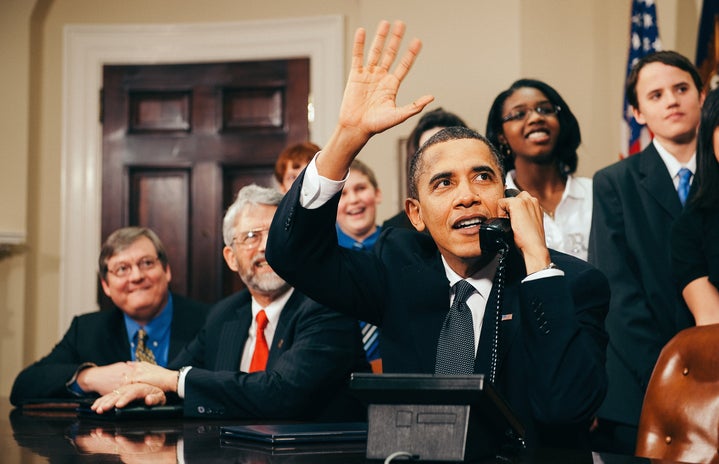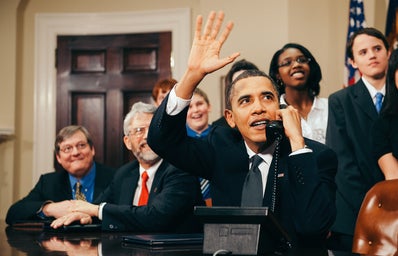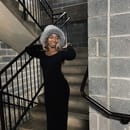AS THE BLACK LIVES MATTER protests continue for the fourth month across the nation, I’ve had a lot of time to reflect on the state of America, including how we can use the tragedies that have happened these past few months (well, centuries) to establish change.
Change. It’s a frightening yet empowering word when you’re used to the same cruel systems, the same oppressive laws, and the same familiar feeling of having your voice drowned out and suppressed.
Change is frightening when you think about challenging a system that’s based on putting its thumb on marginalized groups. It’s frightening when you think about how others see your skin as a weapon. It’s frightening when you think about ways to combat a system so ingrained in society that when you fight it, people think you’re fighting the country—and they fight you.
Like Rock N’ Roll, fast food, and apple pie, racism and oppression are woven into the United States like a thread.
But, change is empowering. George Floyd, Breonna Taylor, Ahmaud Arbery, Tony McDade, Dominique Fells, Trayvon Martin, Botham Jean, the list goes on and on. We not only demand better for our children and their children, but we demand better on behalf of the—unfortunately—growing list of Black people murdered by trigger-happy cops and racists bearing their 2nd Amendment badges and God complexes.
Although there’s an extensive list of ways we can change this harmful system and dismantle white supremacy, I struggled to find how to articulate it or put it into an article without feeling overwhelmed. At first, I wanted to write about how we could help the Black Lives Matter movement (especially if you can’t protest), but many people have been writing about how people can help at home and without money.
As @Lindss_tastic said on Twitter, “resistance is NOT a one-lane highway.” While some sign petitions, donate to bail funds and protest, others have been contacting local officials and starting conversations in their community about how they can contribute to the Black Lives Matter movement and dismantle white supremacy.
Note that change often begins in the classroom.
Now, more than ever, it’s essential that the next generation receives an education that isn’t watered down or rooted in white supremacy.
Allowing space for BIPOC history, literature, and art–and not just during Black History Month–is the first step to educating ourselves and others. It’s important to see faces that look like us in the classroom. It’s important to read works by people who look like us in the classroom. It’s important that our history– Black history–is in the classroom.
Besides, how else can we change a system when we know nothing about its history and how it affects others? Otherwise, history is doomed to repeat itself.
In school, students are constantly reminded to never forget 9/11 and the tragedies that came with it, but they are quickly dismissed when it comes to the Black Lives Matter movement and police brutality. Both are tragedies, and both should be remembered in the classroom. Students should have the opportunity to learn both–not just learn Black history as an elective or during Black History Month.
Although these events are important and should be taught in schools, we need to make more time in the classroom for BIPOC history, literature, and art. Promoting diversity, inclusivity-and, not just tolerance–in the classroom allows for a stable foundation for a lifelong journey of interacting with different cultures and perspectives.
It’s time for a change, and that change starts in the classroom.



